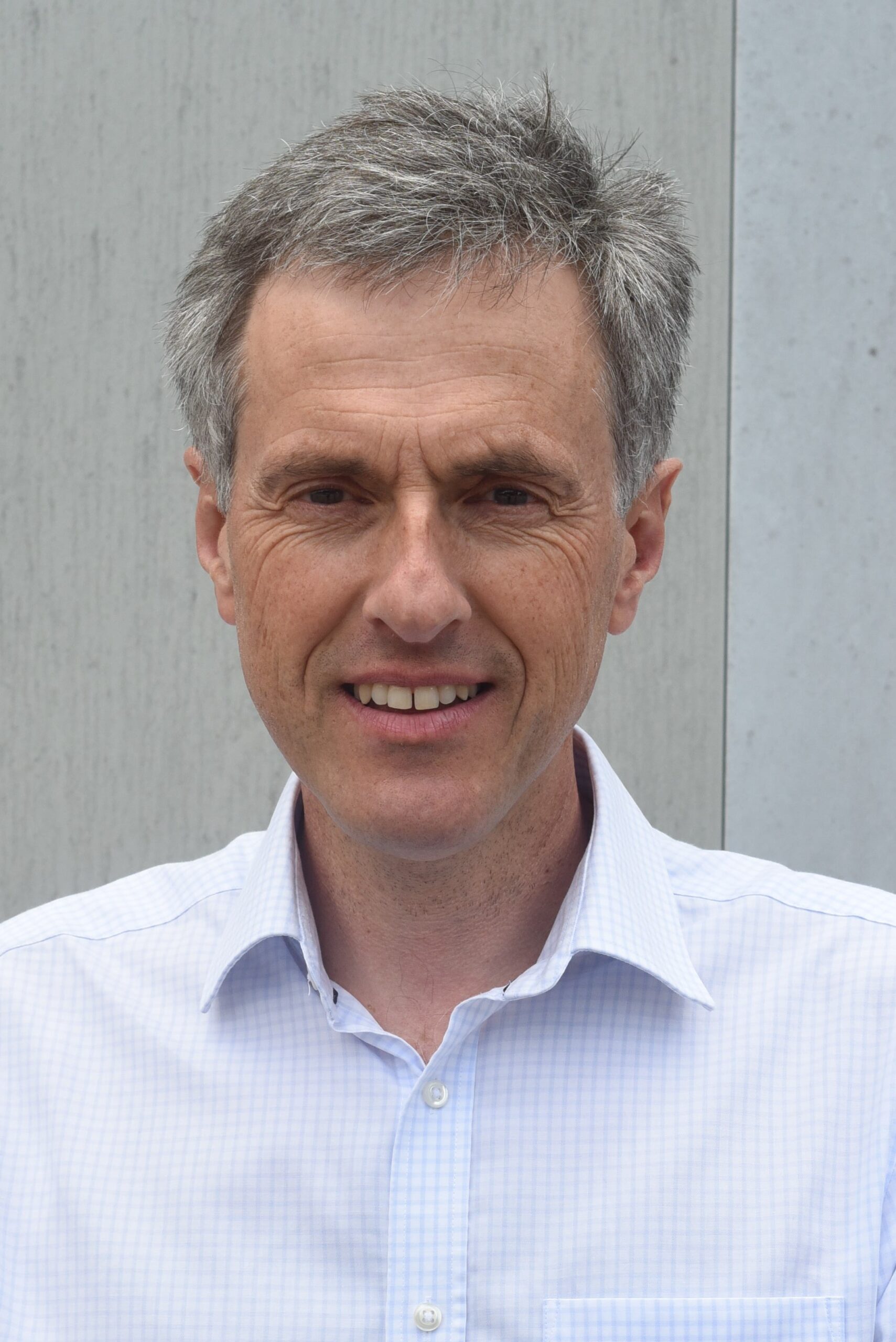My father died when I was twelve although his illness had started when I was two. My childhood memory is that he first knew something was wrong when his beautiful handwriting deteriorated and he became unsteady. It turned out that he had a condition very similar to motor neurone disease. I remember that his automatic watch kept stopping as he ceased to move his arms enough to wind it up, so he bought a digital one. And so began the long, slow and inexorable decline in his physical abilities: a single stick to walk, and then two. Later what as an eight-year-old I knew was called his zimmer frame, and finally the wheelchairs.
Daddy, the only name I ever remember calling him, was an innovator; his mind always looking for the next project. In the 1950s he trained as a doctor and worked in Cambridge studying radiotherapy as a treatment for cancer. Next, he moved to Stanford University California, close to the embryonic start of what later became Silicon Valley, which I presume gave him the computing bug. This led on to the project he focussed on for the rest of his life at Oxford University: he developed the forerunner to the medical coding system which to this day helps the NHS and other health services understand and best use their resources. He was a trained chorister, skilled calligrapher, and a keen handyman. And yet I experienced almost none of these.
My most vivid and fond memories are of helping with his personal care, feeding and dressing him. I remember we as a family would get him with his increasing disabilities to the most amazing places, which through another lens were just walks up hills. His electric wheelchairs were a source of fun for me and my siblings to muck around on. My first remembered holiday, when his fitness allowed, was camping in the rain of Wales. But from the following year our holidays were always at an Isle of White hotel. My mother who was also a doctor, came to know they could accommodate his access needs, and through us being there give her some time off. She reminisces that I wanted to go on holiday “on a boat”, and she had worked out the practicalities without the longer and unknown trip to the continent. But for my father, the globe-trotting innovator, his life was reducing to be more routine with an ever-shrinking world.
I was too young to grasp any of this increasing disability, too young to ask him how it felt. For me life was normal. He was just Daddy. I know now that professionals call this palliative care: enabling our family to help him to live until he died. And forty years later, I can see enormous dignity in the way he managed, and how he modelled both to me and others how to focus on his abilities. With each loss he, and the family, adjusted to save his energy for those most highly valued activities.
In 2005, the Voluntary Euthanasia Society rebranded themselves Dignity in Dying. This was a smart move as the word euthanasia is tainted for its use by the Nazis: it is far easier to rally behind the idea of dignity. But is it correct to equate the choice over the time and method of a person’s death as being synonymous with their dignity? Is our dignity found in being in control? Or is it instead found in other ways, such as when others rally round us, and how we treat ourselves when control is diminished, or even gone?
I now work as a Consultant Rheumatologist, in a team caring for patients with typically life long, and at times painful and disabling illnesses. Each day I witness and am humbled by my patients’ dignity, and the dignity of their families and supporters, as they negotiate the challenges they face with humour, fortitude and at times tears. I seek to walk alongside them in their losses and recognise the dignity they demonstrate in sharing or carrying another’s burdens. I am in no doubt that much of what I can now offer as care was not learned in a classroom, but by my father’s modelling to his son.
I understand that some people want control over when they die. But let’s not muddle this desire for control with dignity, and through this play on fear and imply that being in control is the only way to die with dignity. No. We must not deceive ourselves. Being put down like an animal does not allow us to die with dignity but rather diminishes it. Daddy died of pneumonia after a long and difficult illness, but he was enabled by those around him to live right up to the moment that he died, and then he died with dignity.

Dr Mark Perry FRCP
Dr Mark Perry is a Consultant Rheumatologist, Fellow Royal College of Physicians, Senior Tutor Peninsula Medical School (PMS), and expert on Patient Initiated Follow Up. Formerly Clinical Lead National Outpatient Transformation Program NHSEI, and Evidence Based Practice Lead PMS.

